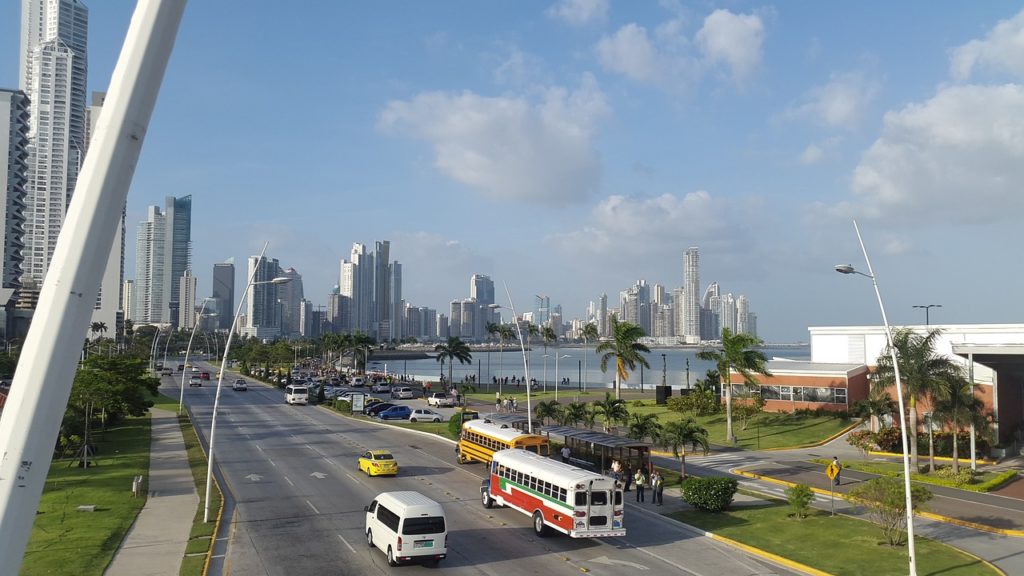According to a story from Al Jazeera, the country of Panama is the only one in Central America with a law on the books that is specifically related to rare disease. However, advocates say that the law isn’t being implemented properly. Rare disease organizations from across the country are unifying in an attempt to get the government to live up to the expectations conveyed in its law, which established an entity known as the Intersectoral Committee of Prevention, Diagnosis, Comprehensive Attention and Research for the Treatment of Rare, Uncommon and Orphan Diseases.
This law was first passed in 2014 and defines a rare disease as any condition that affects less than 1 in 2,000 people. Alaisa Arauz, who lives with von Willebrand disease and directs the Panama Hemophilia Foundation, criticizes it as a “decorative law.”
Stalled Progress
However, it has several valuable provisions that could be effective if action were taken, such as directing the Ministry of Health to develop a program for the purchasing of rare disease therapies. Unfortunately, the committee only first formed in 2019, five years after the law was passed; they’ve made very little progress since. A principle issue is that the Ministry doesn’t have a dedicated rare disease representative to the committee. As efforts languish, the lives of thousands of people are put at risk.
“I have been sick for so long. I want to know why,” says Maria, who has been visiting doctors on and off for the past three years. She still hasn’t the slightest idea what illness she is facing, but has been stuck dealing with symptoms such as fatigue and muscle pain. Even in the most developed nations, diagnosis can take years.
A Rare Disease Community Unites
Various organizations are pushing for concrete steps towards improving diagnosis and access to rare disease therapies. They have united as RedER, or the Panama Rare Disease Network Federation. An example of the challenges that patients face in the country is the situation with hemophilia, one of the more well known rare diseases that has multiple available treatments. Nevertheless, it took 14 years of advocacy before the Panama government actually attained a supply.
RedER aims to pressure the government to live up to the provisions from the 2014 law and to take further action as well.





